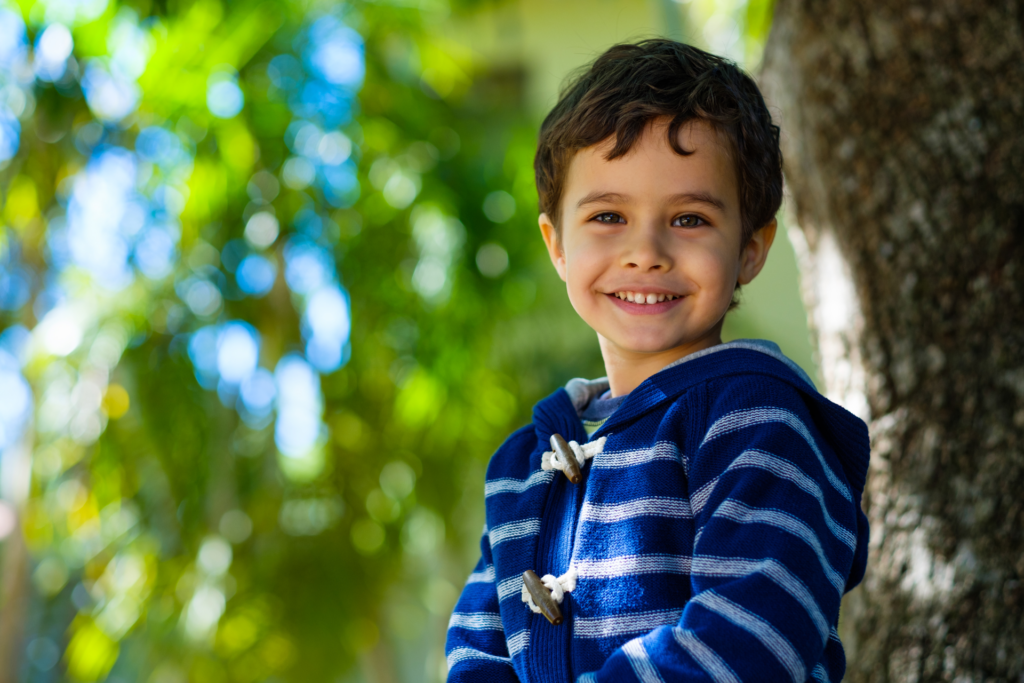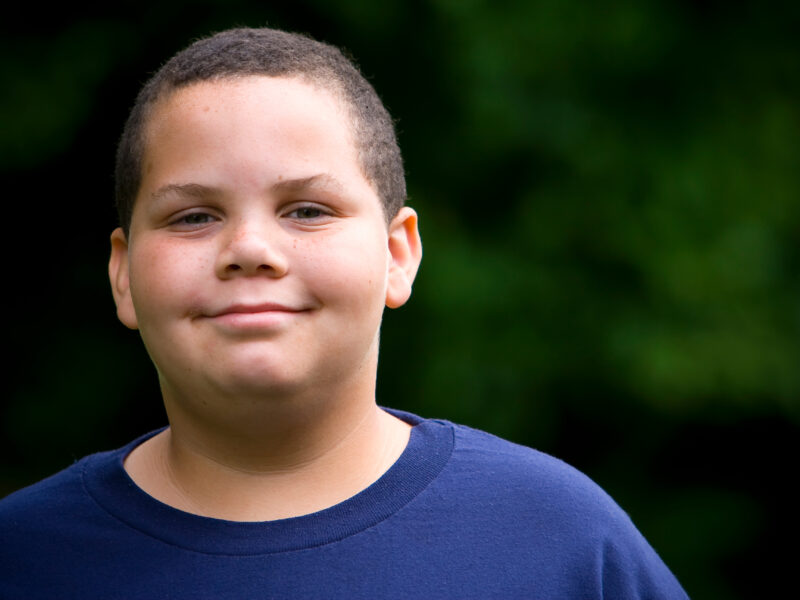Opportunities to Reduce Stress for Parents of Kids With Autism
Opportunities to Reduce Stress for Parents of Kids With Autism https://pediatricsnationwide.org/wp-content/uploads/2023/09/AdobeStock_187126713-1024x683.png 1024 683 Katie Brind'Amour, PhD, MS, CHES Katie Brind'Amour, PhD, MS, CHES https://pediatricsnationwide.org/wp-content/uploads/2021/03/Katie-B-portrait.gif- May 29, 2024
- Katie Brind'Amour, PhD, MS, CHES

Research suggests parenting self-efficacy and family resources influence parental stress levels, offering potential modifiable targets for clinicians aiming to help families thrive.
A study led by pediatric psychology experts at Nationwide Children’s Hospital has confirmed that parenting self-efficacy is associated with parental stress levels in families of children with autism, and that parenting self-efficacy is even more important for families with fewer resources (social, financial and otherwise). The study also suggests that externalizing behavior problems in children — such as hitting, aggression and other disruptive behaviors — were linked with lower parenting self-efficacy and increased stress.
The study, published in the Journal of Autism and Developmental Disorders, supports a role for parent training to improve self-efficacy, especially in families with fewer resources.
“Part of the relationship between challenging behaviors in a child and parental stress can be explained by parenting levels of self-efficacy, and family resources then moderate how strong this relationship is,” explains lead author Kevin Stephenson, PhD, an autism and parenting self-efficacy specialist and a pediatric psychologist in the Department of Psychiatry and Behavioral Health at Nationwide Children’s. “Parenting self-efficacy is even more important when families don’t have a lot of resources available to them. Those are the families we need to reach out to and help the most.”
The findings come from a study of 132 Medicaid-eligible children with autism spectrum disorder (ASD) whose families completed survey tools to evaluate ASD symptoms, intellectual functioning, child adaptive functioning, internalizing and externalizing behavior problems, parenting stress, parenting self-efficacy and family resources (via the freely available Family Resource Scale — Revised, which included financial considerations as well as leisure, social support, transportation and food security, and other factors not evident by income alone).
The team then used structural equation modeling based on their hypothesized interactions between the types of challenging behavior, parental stress, self-efficacy and family resources. The best-fit model identified through iterative changes reinforced an increased level of parental stress related to child externalizing behaviors. It also suggests that greater resource strain is associated with lower parenting self-efficacy, which in turn may increase risk for parental stress.
“The main takeaway is that we should be considering family resources when we meet with them — what tools do they have externally as well as internally, in terms of self-efficacy and their perceived ability to meet their challenges,” says Dr. Stephenson, who uses formal self-efficacy training rubrics with parents as part of his research and clinical care programs. Improved self-efficacy through learning evidence-based parenting skills, he says, can reduce parental stress and simultaneously reduce externalizing behaviors in children.
This study was one of few in the ASD literature to include a diverse population; results were similar across racial and ethnic groups and across families with children exhibiting intellectual disabilities.
The model was based on cross-sectional data, but Dr. Stephenson and his colleagues at Nationwide Children’s have already begun collecting data to examine these elements longitudinally to get a better understanding of causality.
Reference:
Stephenson KG, Fenning RM, Macklin EA, Lu F, Norris M, Steinberg-Epstein R, Butter EM. Child Behavior Problems and Parenting Stress in Underserved Families of Children with ASD: Investigation of Family Resources and Parenting Self-efficacy. J Autism Dev Disord. 2023 Oct;53(10):3787-3798. doi: 10.1007/s10803-022-05681-1. Epub 2022 Jul 25. PMID: 35879640.
Image credit: Adobe Stock
About the author
Katherine (Katie) Brind’Amour is a freelance medical and health science writer based in Pennsylvania. She has written about nearly every therapeutic area for patients, doctors and the general public. Dr. Brind’Amour specializes in health literacy and patient education. She completed her BS and MS degrees in Biology at Arizona State University and her PhD in Health Services Management and Policy at The Ohio State University. She is a Certified Health Education Specialist and is interested in health promotion via health programs and the communication of medical information.
-
Katie Brind'Amour, PhD, MS, CHEShttps://pediatricsnationwide.org/author/katie-brindamour-phd-ms-ches/April 27, 2014
-
Katie Brind'Amour, PhD, MS, CHEShttps://pediatricsnationwide.org/author/katie-brindamour-phd-ms-ches/April 27, 2014
-
Katie Brind'Amour, PhD, MS, CHEShttps://pediatricsnationwide.org/author/katie-brindamour-phd-ms-ches/April 27, 2014
-
Katie Brind'Amour, PhD, MS, CHEShttps://pediatricsnationwide.org/author/katie-brindamour-phd-ms-ches/April 28, 2014







